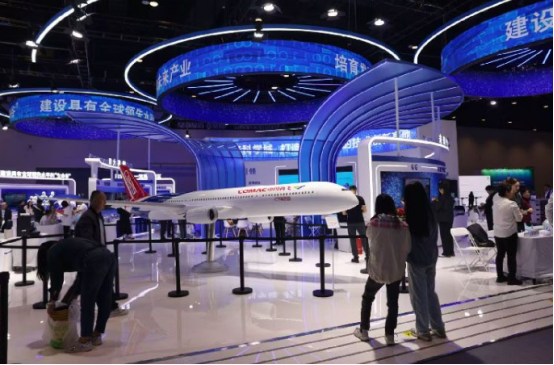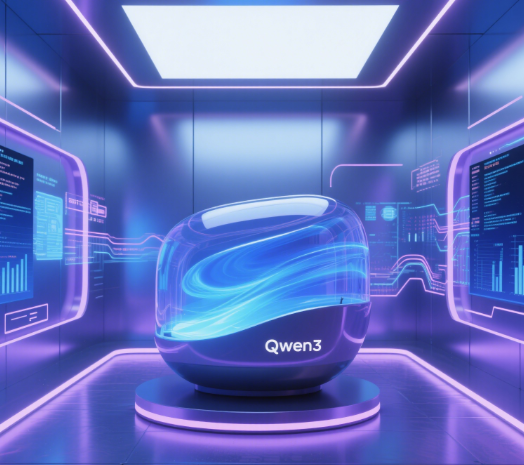Tsinghua University and Xingdong Era have open sourced the first AIGC (Artificial Intelligence Generated Content) robot model, namely VPP (Video Prediction Policy). It is understood that VPP has transferred the generalization ability of the video diffusion model to the general robot operation strategy, skillfully solving the problem of the diffusion inference speed, enabling the robot to conduct real-time future prediction and action execution, greatly improving the generalization of the robot strategy, and all of it has been open sourced.
The open sourcing of the VPP model marks the deep integration of AIGC and robot technology, achieving a breakthrough in the field of real-time decision-making. It is expected to accelerate the industrialization process of intelligent robots and may reshape the automation landscape of the manufacturing and service industries. The open source strategy may trigger a wave of technological iteration in the industry, but the risk of technological abuse needs to be vigilantly watched out for.

The 2025 World Humanoid Robot Games will be held in the National Stadium (Bird's Nest) and the National Speed Skating Oval (Ice Ribbon) from August 15th to 17th this year. From August 15th to 17th this year, Beijing will host the first World Humanoid Robot Games. The competition events include the main events and peripheral events. The main events include 100 - meter race, 4?00 - meter relay, standing long jump, floor exercise, football match and other events.

On May 8th, the 27th Beijing High-Tech Expo opened at the National Convention Center. With the theme of "Technology Leads, Creates and Enjoys the Future", this year's expo sets up three major sections: exhibitions, trade and investment promotion activities, and online display and docking. Among them, the exhibition focuses on cutting-edge technologies, emerging industries and future industry fields, and has six thematic exhibition areas including information technology, intelligent manufacturing, medical and health, green carbon neutrality, digital economy and regional innovation. It centrally showcases new achievements of major national scientific research, new breakthroughs in cutting-edge technologies, and new scenarios of technological consumption. A total of more than 800 Chinese and foreign enterprises and institutions are participating in the exhibition.

The latest ranking of the international authoritative large - model evaluation list LiveBench has been released. The new - generation Tongyi Qianwen model Qwen3 (abbreviated as "Qianwen 3") open - sourced by Alibaba has won the championship of the global open - source models. In addition, in terms of the key ability of Instruction Following, it has surpassed top - tier closed - source models such as o3High, o4 - MiniHigh, and Gemini 2.5 pro, ranking first in the world. It is understood that the LiveBench list is launched by Yann LeCun, a Turing Award winner and the chief AI scientist of Meta, in conjunction with institutions such as New York University. It comprehensively evaluates large models from multiple complex dimensions such as mathematics, reasoning, programming, and language understanding. Because it uses a dynamically updated question bank, it is known as the "world's first model benchmark test that cannot be cheated."

Alibaba and ByteDance have joined hands in the Southeast Asian e - commerce market. Lion Rock Holdings, a subsidiary of Alibaba, will collaborate with BytePlus, a subsidiary of ByteDance, to expand into the Asia - Pacific market. As an e - commerce agency operation company with Alibaba holding a 47.22% stake, Lion Rock Holdings will take the lead in customer engagement and commercialization strategies, while BytePlus will provide AI technical support. In the first stage of the cooperation, the focus will be on five countries including Singapore and Indonesia, and it may be expanded to the entire Asia - Pacific region in the future.
